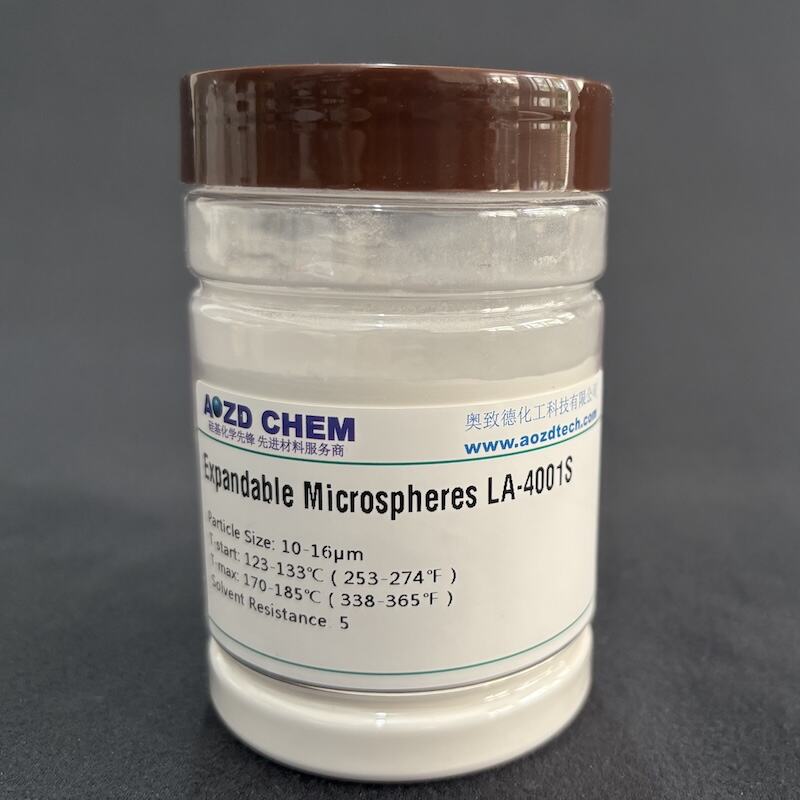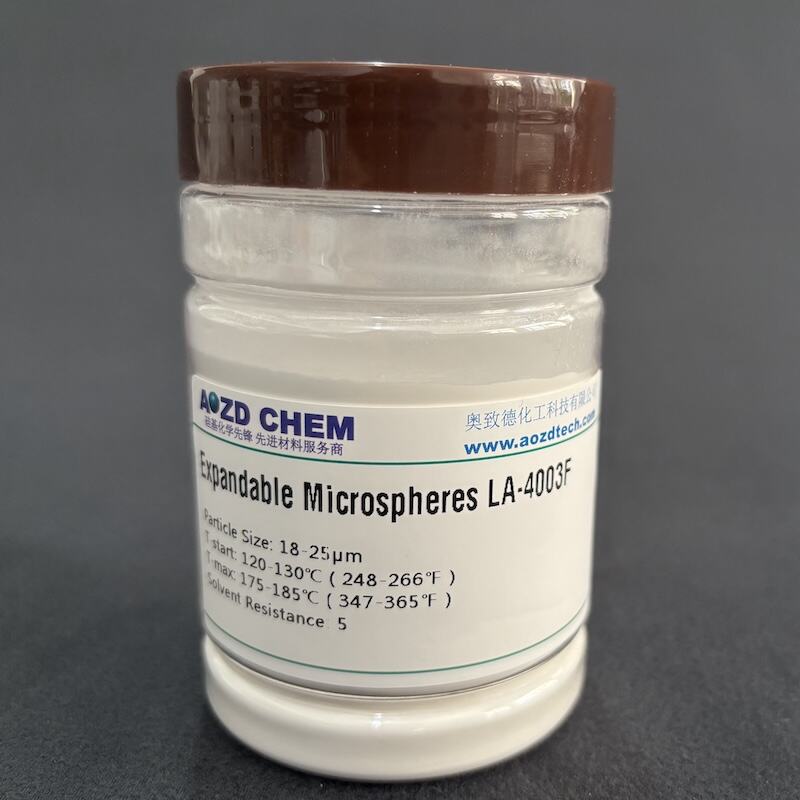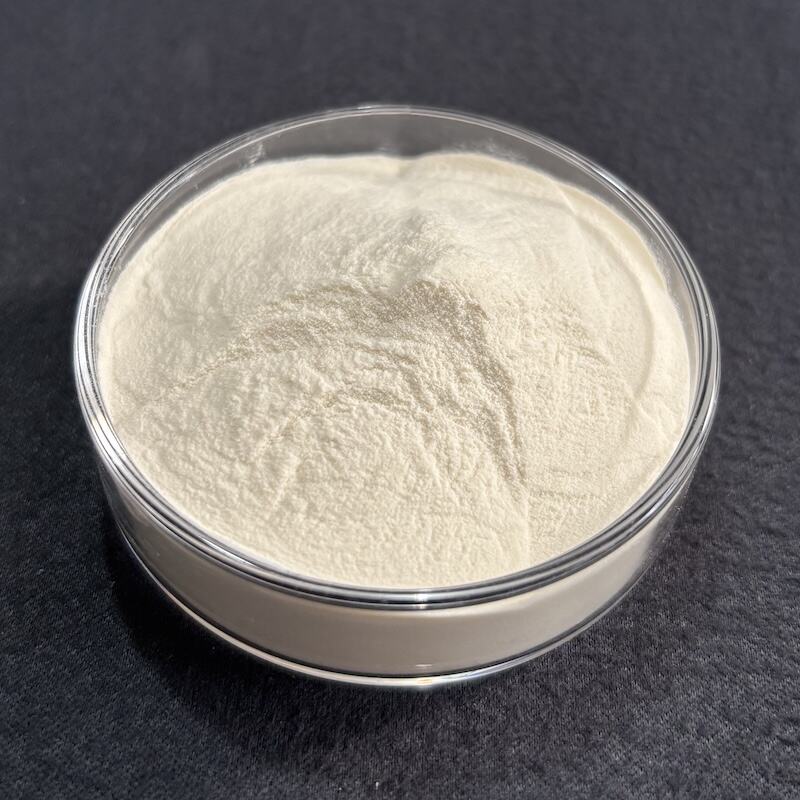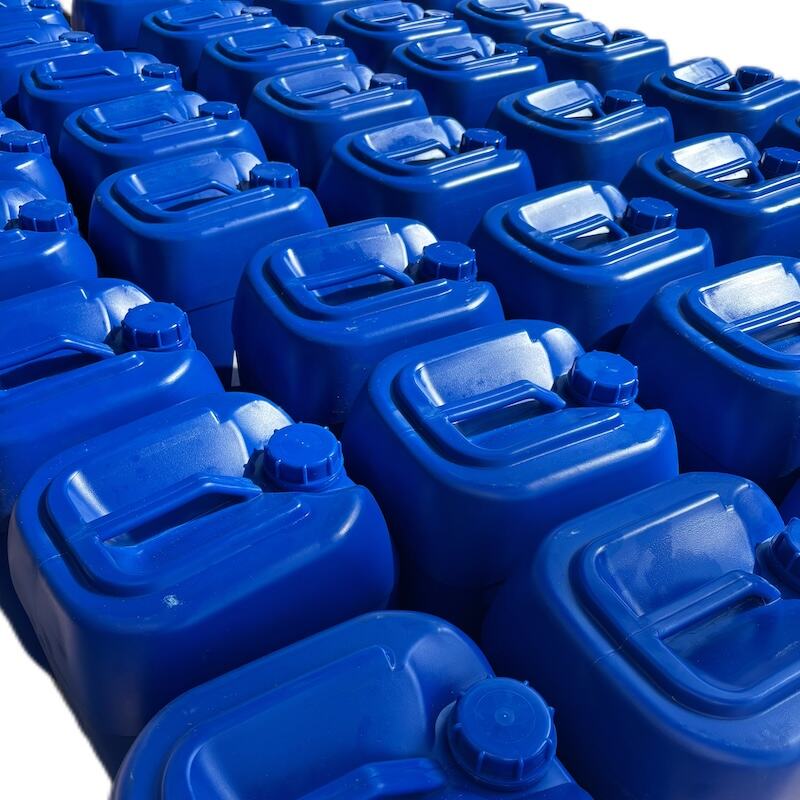leather treatment chemicals
Leather treatment chemicals represent a sophisticated suite of compounds engineered to enhance, protect, and modify leather materials throughout various processing stages. These essential chemicals serve multiple functions, from basic cleaning and preservation to advanced finishing and specialized treatments. The chemicals include tanning agents that stabilize protein fibers, surfactants that ensure optimal penetration of other treatments, fatliquoring agents that enhance softness and flexibility, and finishing chemicals that provide surface protection and aesthetic appeal. Modern leather treatment chemicals incorporate environmentally conscious formulations while maintaining high performance standards. These solutions are carefully designed to work across different leather types, from full-grain to split leather, addressing specific challenges in each category. The technology behind these chemicals has evolved to offer precise control over leather properties, including water resistance, color fastness, and durability. Applications span across various industries, from luxury goods and automotive upholstery to footwear and furniture manufacturing. Advanced formulations ensure consistent results while meeting strict environmental and safety regulations, making them suitable for both traditional and contemporary leather processing methods.








